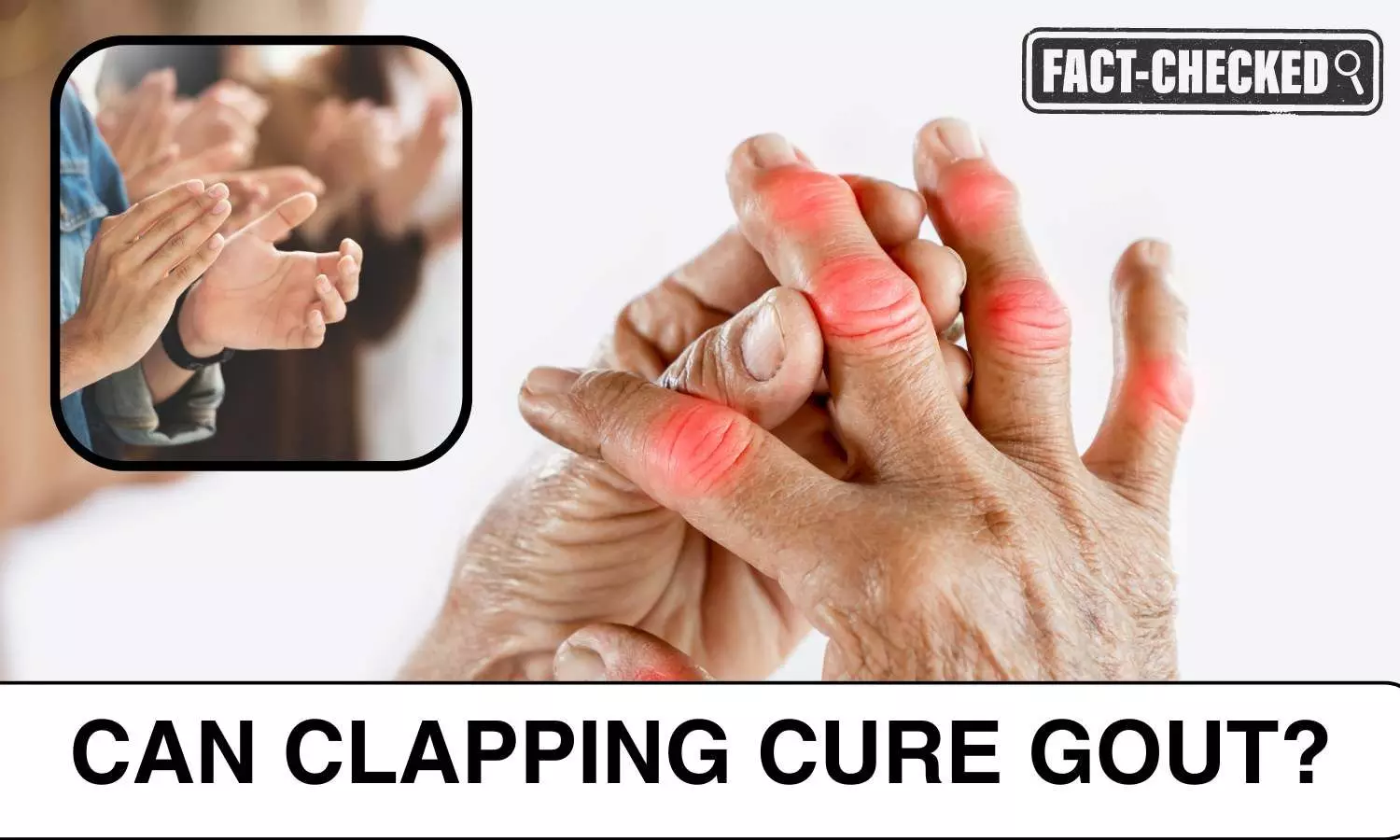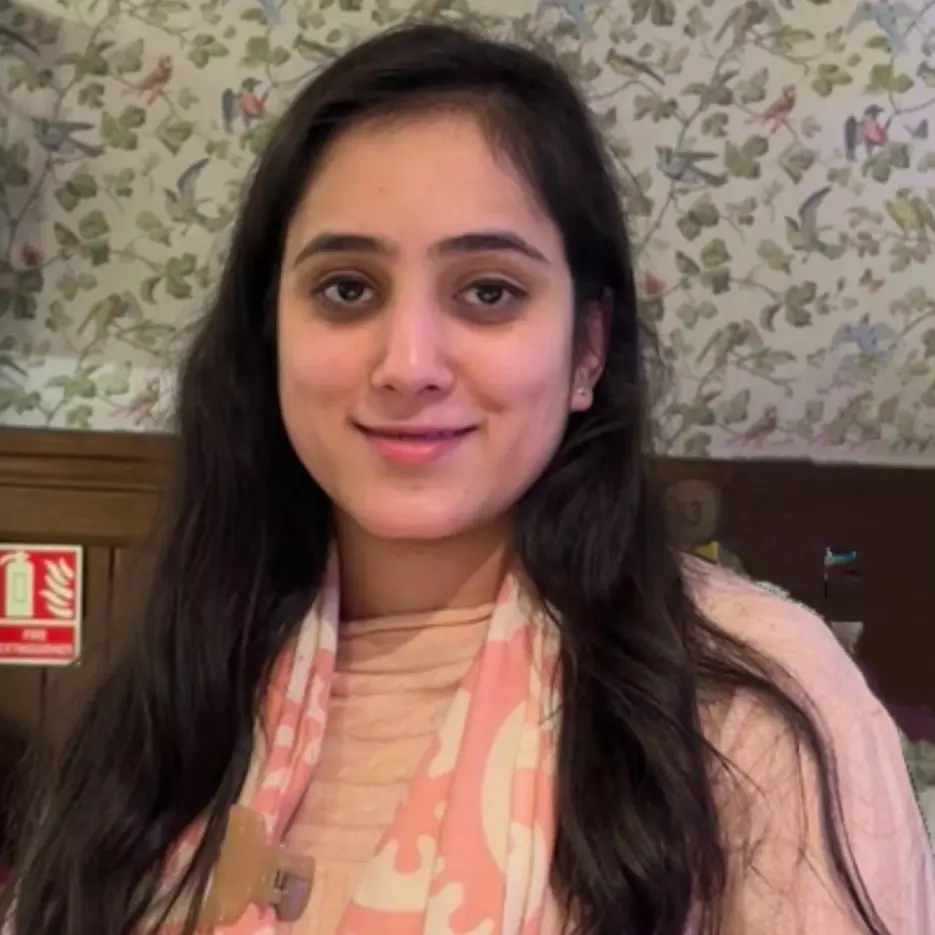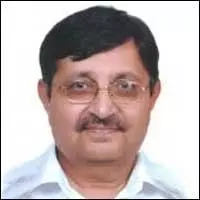Fact Check: Can Clapping Cure Gout?

Claim: A video posted on the social media site Instagram claims that clapping can cure gout. The video can be accessed here.
Fact Check: The claim is FALSE.
What is Gout?
According to the National Institute of Arthritis and Musculoskeletal and Skin Diseases (NIAMS), Gout is a type of inflammatory arthritis that causes joint pain and swelling, usually as flares that last for a week or two and then resolve. Gout flares often begin in your big toe or a lower limb. (1)
Dr Abhishek Vaish, Orthopaedic surgeon at Indraprastha Apollo Hospital, New Delhi, explains, "Gout is a condition in which uric acid or urate crystals are deposited in the joint, which causes severe pain, redness, and swelling. It stems from one of two problems: either the body produces more uric acid, or it reduces the excretion of the uric acid through urine. Both scenarios can lead to increased uric acid deposition in the joints or a combination of both.
What causes Gout?
According to the 2020 American College of Rheumatology (ACR) Guideline for the Management of Gout, gout is caused by the deposition of monosodium urate (MSU) crystals in the joints, which occurs due to elevated levels of uric acid in the blood (hyperuricemia). The primary reasons for elevated uric acid levels include (2):
Overproduction of Uric Acid: The body produces too much uric acid, which can be due to genetic factors, obesity, certain medical conditions (e.g., psoriasis, hemolytic anemia), and high purine intake from foods such as red meat, shellfish, and sugary beverages.
Underexcretion of Uric Acid: The kidneys fail to excrete sufficient uric acid, which can be influenced by factors like chronic kidney disease, dehydration, and certain medications (e.g., diuretics, low-dose aspirin).
Diet and Lifestyle: Consumption of alcohol, especially beer, high-fructose corn syrup, and foods rich in purines can increase uric acid levels. Sedentary lifestyle and obesity are also significant risk factors.
Genetics: A family history of gout significantly increases the risk of developing the condition, suggesting a hereditary component in uric acid metabolism.
Age and Sex: Men are more likely to develop gout, typically between the ages of 30 and 50. Women are generally protected by estrogen until menopause, after which their risk increases.
Other Health Conditions: Conditions like hypertension, diabetes, and metabolic syndrome are associated with a higher risk of gout due to their impact on uric acid metabolism and excretion.
Can clapping cure gout?
There is a belief in some circles that clapping can cure gout. This notion likely stems from traditional or alternative health practices that suggest physical actions can influence health conditions. There is no scientific evidence to support the claim that clapping can cure gout. Gout is a form of inflammatory arthritis caused by the deposition of monosodium urate crystals in joints due to high uric acid levels in the blood (hyperuricemia). Effective management of gout involves a combination of medications, lifestyle changes, and dietary modifications.
What do the experts say?
The Health Dialogues Fact Check team spoke with Dr (Prof) Raju Vaishya, Orthopedician, Apollo Hospital, Delhi he said, “I don’t think that clapping can relieve or cure gout patients. This metabolic disease is caused by elevated serum uric acid levels, which may be genetically based or related to chronic kidney disease or excessive protein intake, such as red meat. Clapping can stimulate the acupressure points and may relieve anxiety or anxiety-relative problems like insomnia and hypertension to some extent.”
Responding to the claim, Dr Abhishek Vaish added, "Clapping does not cure gout. It can sometimes be effective in reducing the severity and progression of the disease simply because it increases blood circulation in the joints. This is because some acupuncture points are activated when you clap, which increases the blood supply and helps wash out the uric acid crystals that may be forming. However, this may not be helpful in acute stages." For the management of gout, he explained, "We need to determine whether the cause is due to increased production of uric acid in the body. Commonly used drugs to reduce production include Allopurinol and Febuxostat. If the problem is related to an increase in the production of uric acid, we can also use uricosuric drugs like Probenecid. It is also advised to avoid certain foods that increase the production of uric acid through the breakdown of purines, such as high-protein foods like red meat, dals, rajma, and alcoholic drinks like beer."
Health Dialogues Final Take:
There is no scientific evidence or medical consensus that clapping can cure gout. Gout is a complex form of arthritis caused by the deposition of uric acid crystals in the joints, leading to severe pain and inflammation. Effective management involves medications that regulate uric acid levels, dietary modifications to reduce purine intake and lifestyle changes. Clapping may improve circulation but does not affect the underlying metabolic issues causing gout. Relying on such methods can delay proper treatment and worsen the condition.
Hence, this claim is FALSE.
References:
1. National Institute of Arthritis and Musculoskeletal and Skin Diseases. (n.d.). Gout. Retrieved June 17, 2024, from https://www.niams.nih.gov/health-topics/gout
2. FitzGerald, J. D., Dalbeth, N., Mikuls, T., Brignardello-Petersen, R., Guyatt, G., Abeles, A. M., Gelber, A. C., Harrold, L. R., Khanna, D., King, C., Levy, G., Libbey, C., Mount, D., Pillinger, M. H., Rosenthal, A., Singh, J. A., Sims, J. E., Smith, B. J., Wenger, N. S., Bae, S. S., Danve, A., Khanna, P. P., Kim, S. C., Lenert, A., Poon, S., Qasim, A., Sehra, S. T., Sharma, T. S. K., Toprover, M., Turgunbaev, M., Zeng, L., Zhang, M. A., Turner, A. S., & Neogi, T. (2020). 2020 American College of Rheumatology Guideline for the Management of Gout. Arthritis Care & Research, 72(6), 744-760. https://doi.org/10.1002/acr.24180



